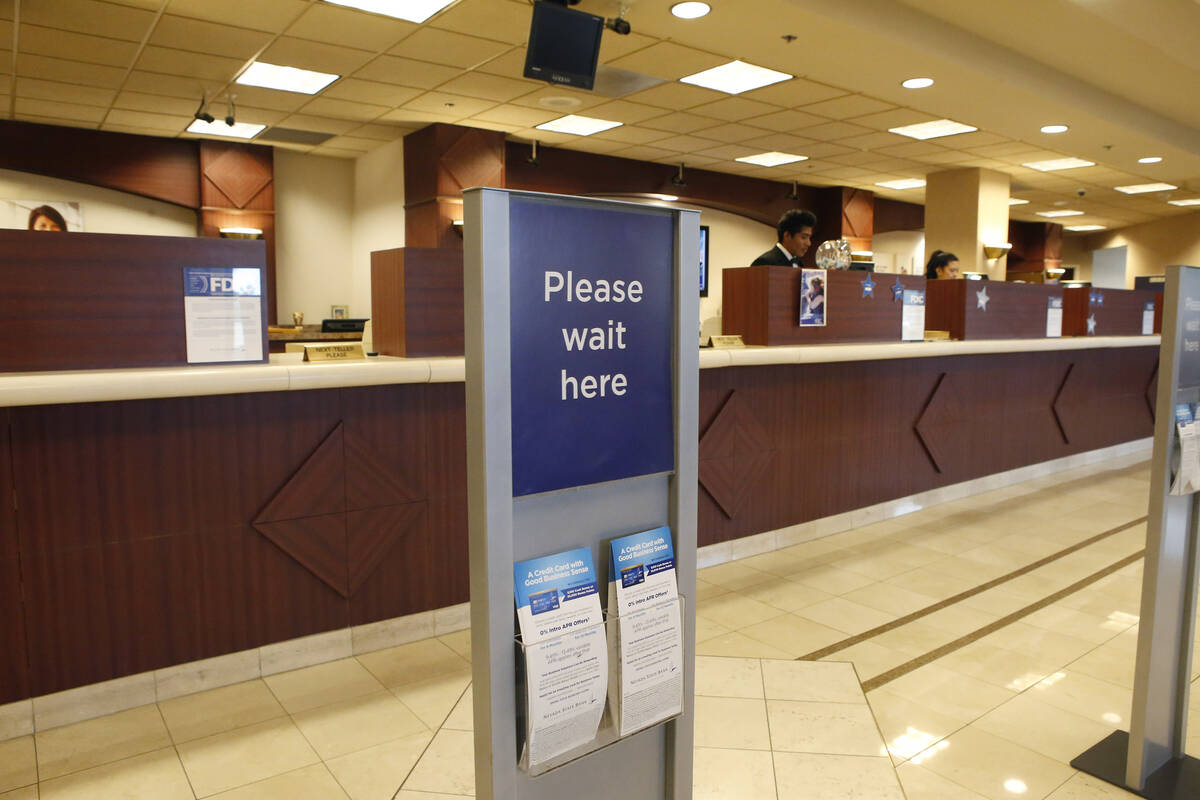COMMENTARY: ‘Debanking’ is a mess; states can’t clean it up
Debanking happens. Sometimes, it’s unfair — sometimes, overzealous. And it is terrible when your bank shuts you down with a vague “risk policy” and a pat on the head. But before we make a law or accuse a bank of ideological warfare, let’s take a deep breath.
Maybe you’ve seen a business owner pacing outside the bank, confused after being told his account was closed “for policy reasons.” Or a nonprofit treasurer on hold, trying to explain that her group isn’t political — it sells raffle tickets and hosts pancake breakfasts.
Not everything unfair is a conspiracy, and not every problem is a job for the state.
Debanking is real — and complicated. It happens for legitimate reasons, such as compliance risks, fraud concerns or being unable to pay the bills. It also happens for dumb ones — such as algorithmic risk scores gone haywire or compliance teams playing 4D chess to avoid fines. More than anything, it happens because banks are risk-averse. It’s rarely ideological and almost never personal.
Here’s the first uncomfortable truth: Banks aren’t trying to cancel you. They’re trying to avoid getting fined into oblivion. If you think they’re ideologically targeting your beef jerky business, take a number behind the crypto startup, the adult content platform, the weed dispensary and the political advocacy group. Welcome to the club — it’s not that exclusive.
U.S. banks spend more than $35 billion annually on financial crime compliance, according to a 2020 report from LexisNexis Risk Solutions. That number had already jumped more than 30 percent in a year — and has continued to rise. In 2023, regulators imposed $5.1 billion in anti-money laundering fines, giving banks every reason to act with extreme caution.
Banks aren’t playing politics — they’re dodging risk like it’s their full-time job.
Sometimes, it’s the church that changed banks after a mission trip flagged a compliance issue. Or a small-town pawnshop trying to follow every rule but still getting flagged for “reputation risk.” It’s not a war on values — it’s a war on nuance, and no one’s winning.
Here’s the second uncomfortable truth: State lawmakers are not the right people to fix this. If California punishes a bank for financing a legal firearms dealer, Texas will punish it for offering a green investment fund. Banks will have no state left to operate in. They’ll pull out, and Main Street will lose the capital small businesses need.
And no offense to your favorite committee chair — they’re not going to out-regulate the Bank Secrecy Act from a hearing in Boise.
We can’t govern by grievance. Not if we want a banking system that still works for the diner owner, the truck repair shop and the church down the road.
So what should we do? Let’s stop pretending this is a one-villain show. The blame doesn’t fall neatly on “woke banks” or “evil regulators.” The problem is the system: conflicting mandates, compliance fears, reputational risk and regulators who say “we don’t give guidance” while dropping billion-dollar fines.
If we care about the issue — and not just the soundbite — we need federal reforms. Transparent processes. Accountability for unjustified closures. Due process for customers. And consistency from the alphabet soup of agencies that move the goalposts while telling banks to “use their judgment.”
Let’s put the grown-ups back in the room. They are the ones who understand regulation should be about fairness and clarity, not punishing banks for who they serve. We need rules that banks can follow, and we need Congress to set them for the nation, not ones that are weaponized by 50 state capitals chasing headlines.
Jessica Ward is the senior director of state external affairs for the National Taxpayers Union. Mattias Gugel is the group’s director of state external affairs. They wrote this for InsideSources.com.

















